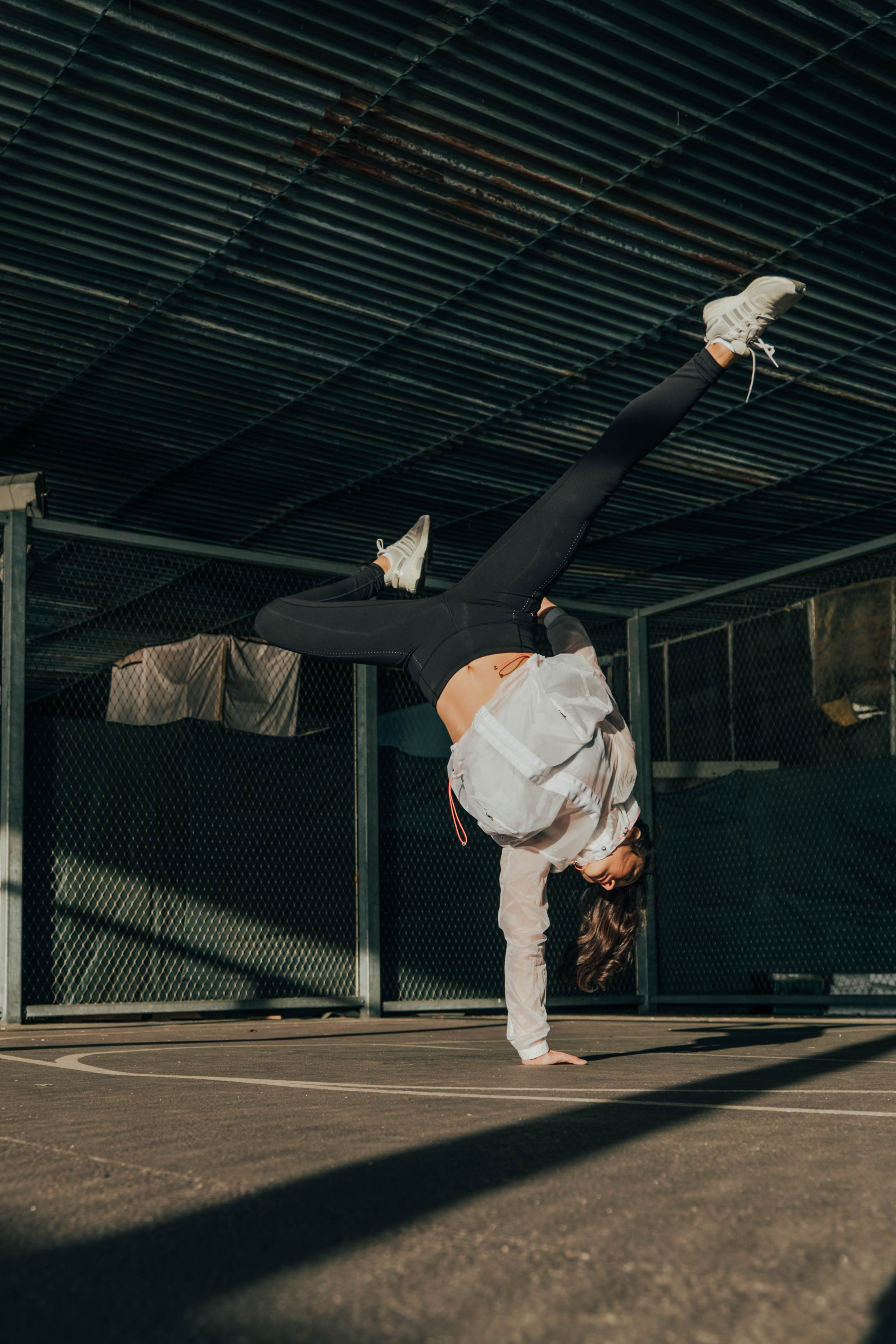Why representation in the media is vital – from the perspective of a 14-year-old
I remember the first time I saw a lesbian relationship on T.V; two girls were holding hands.
Until that moment I had no awareness of same-sex relationships – harnessing this new knowledge felt warm and welcoming. It was educative and explanatory and it was a key factor in what started the questioning of my own sexuality. The simple act of witnessing two girls holding hands, and the reassurance that, it was okay.
Statistics say that kids and teens spend roughly about 7 hours EACH DAY indulging themselves in all kinds of media. It’d be foolish to say that what kids see online and what they are exposed to on television and in movies, doesn’t affect them. It most definitely does. Social media has become its own kind of universe, its own place where people can live out their fantasies. They can be anybody they want to be and do anything they please, but at the end of the day “you can’t be what you can’t see” – that was said by Marian Wright Edelman (an activist for the rights of children).
“It’d be foolish to say that what kids see online and what they are exposed to on television and in movies, doesn’t affect them”
It’s so important that any dreamer, anybody who wants to be successful, anybody who wants to see their name in lights, has role models to look up to. It’s critical that kids can see people who they look like, or people who they can relate to, out there doing amazing things. It affirms that they can do anything they set their mind to, because there are visible success stories.
Whoopi Goldberg talked about how crucial representation is; she said this: “Well, when I was nine years old, Star Trek came on, I looked at it and I went screaming through the house, ‘Come here, mum, everybody, come quick, come quick, there’s a black lady on television and she ain’t no maid!’ I knew right then and there I could be anything I wanted to be.” If that doesn’t say it all, I don’t know what does.
We need actors playing characters that go beyond the stereotypes of their physical appearance, gender, sexuality, ethnicity etc. We need black female characters who aren’t type-cast as the “sassy black friend”, gay characters who aren’t just fashion accessories, transgender characters who have more to tell in their narrative than just their transition. We need to normalise diversity, and empower people through broader representation. It’s about time we had some new heroes to look up to. This sentiment also extends to books, magazine covers, comics and more. Studies have shown that only 20% of magazine covers have featured people of colour; magazines construct our ideas of beauty – with 80% of cover models being white, Eurocentric beauty standards are pushed upon women of colour and upon young girls everywhere. I have had conversations with girls of colour who get really upset because of this lack of representation; they think nobody is ever going to want to marry them, because the media has convinced them that their features are not beautiful. That’s such a painful thing to hear. On top of this, we live in a world and in an era where it’s more socially acceptable for somebody to have zero confidence than to love themselves.
“We need actors playing characters that go beyond the stereotypes of their physical appearance, gender, sexuality, ethnicity etc”
When in comes to comics/books, surely it’s time we ditched the cliches and stereotypes? Where are the realistically proportioned female super heroes? Girls whose lives do not revolve around guys? Male protagonists who aren’t hyper-masculine? Just once I would love to read a book that accurately represents LGBT+ relationships! The amount of times I thought I have found a good book that has turned into some kind of lesbian erotica (way too many to say the least). Books serve as an escape – an escape from everything going on around us. We need stories we can have fun with, characters we can relate too – characters who inspire us to maybe, one day, tell some stories of our own.
This generation of teens have more to say than ever before; we are the future of tomorrow and deserve to have our voices heard. But if we don’t see ourselves represented in the media we consume, we become fearful that what we have to say isn’t good enough to be heard. The lack of diversity in the media can be silencing; it is such a huge part of our daily lives and it shouldn’t be used as a tool to eradicate visibility. It’s 2016, we can’t do that anymore.
Written by Madyson Arscott













